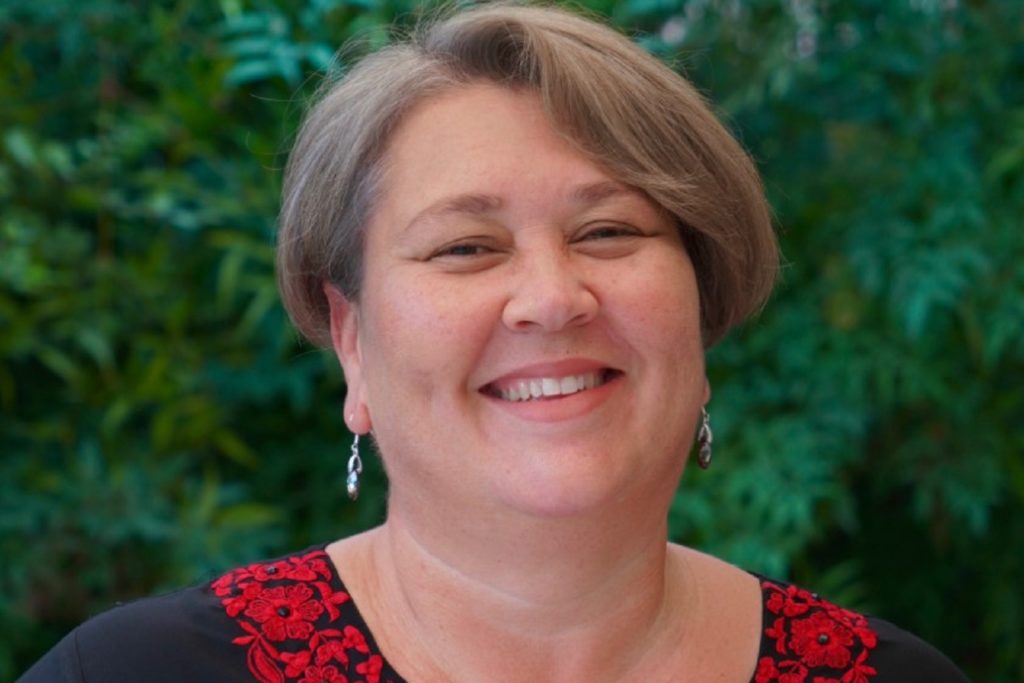Intentional support can be transformative. We learn more about a new sponsorship program by the majority First Nations-owned and operated Cultivate Indigenous, thanks to our partnership with Cultivate.
Time and again, research tells us that the more diverse our management and leadership teams are, the better our organisations function.
Diversity leads to richer ideas, a more inclusive work culture and better business decisions and outcomes. In fact, McKinsey found in 2020 that the relationship between diversity on executive teams and the likelihood of financial outperformance had strengthened over time.
Despite this, many organisations continue to fall behind the eight ball on diversity, with the statistics especially dismal for Aboriginal and Torres Strait Islander people, who remain vastly underrepresented – or completely excluded – from leadership in the Australian workforce.
According to the Minderoo Foundation’s Indigenous Employment Index, Indigenous employees are almost entirely absent from senior management and executive leadership positions. Among the 31 employers who reported the relevant data, Indigenous representation at senior leadership levels was just 0.7 per cent.
It’s a reality that Kamilaroi woman, Carlyn Waters is all too familiar with.
Over the past 20 years, Waters has held senior positions in various government roles, often finding herself as one of very few Indigenous people at the same level.
Now, Waters is calling time by, spearheading a new sponsorship program called Warra, the first program delivered by Cultivate Indigenous – a majority First Nations owned and operated business.
The program seeks to inspire and develop talent at all levels by embedding a culture of sponsorship, and delivering tailored development opportunities to grow, retain and advance Aboriginal and Torres Strait Islander leaders.
“I have been told so many times throughout my career that there aren’t enough Aboriginal people available to be leaders. You can’t find us anywhere. But the truth is, in so many workplaces, we are bing overlooked,” Waters shares.
“With what we’re offering, it’s not only the Aboriginal person in the program who wins, but so does the sponsee or sponsor. And really, it’s a win for that organisation, and for Australia.”

Warra was born from research showing the true extent of the crisis at hand. Hundreds of Indigenous employees have reported feeling culturally unsafe at work, with employers generally operating with low levels of understanding when it comes to racism.
Data from the Australian Public Service even shows that sponsorship programs targeted at emerging Aboriginal and Torres Strait Islander leaders (and owned by senior management) are necessary tools to overcome bias and systemic barriers faced by Indigenous employees.
Indeed, it could be the key to shifting the vast underrepresentation of First Nations people in leadership across the board.
Chief Executive Officer of the National Indigenous Australians Agency, Jody Broun, recently noted in her Russell Taylor Oration that it’s essential we design “quality programs that create that new pipeline of Aboriginal and Torres Strait Islander talent for promotion into senior roles”.
That’s exactly what Warra will do.
Director of Cultivate Sponsorship, Katriina Tahka, describes the motivation behind Warra stemming from the success of Cultivate’s flagship program for women.
“Over the years as we were rolling it out, we would often get asked by companies if the program for women’s sponsorship could be used to assist their First Nations employees. And I’d have to say, no it’s not designed for that,” Tahka says.
“We did have Indigenous women participating of course, but the content wasn’t designed to understand the particular challenges and barriers that Indigenous employees would face in the workplace. It was so clear we needed to do something in this area.”
Designed to complement an organisation’s existing leadership and development initiatives, the Warra sponsorship program will enhance Aboriginal and Torres Strait Islander growth and leadership, as well as the cross-cultural capability within an organisation.
“There’s two parts to the program,” Waters explains. “The first is for the sponsorship of Aboriginal and Torres Strait Islander leaders as they progress their careers. The second part is about allowing existing managers to actually do a bit more of the cultural uplift.”
“Having that scaffolding there as an Aboriginal person, as you’re developing your leadership muscle, it’s just so very powerful,” Waters says.
“Participants can spend 6 to 12 months focusing on themselves and their career potential. That kind of support can be transformative.”
And, as Takha points out, it’s not just Indigenous people that will benefit from the program.
“There’s always an assumption that the sponsee is the person who is getting the gift of this development when it comes to sponsorship,” she says.
“But often, it will be the sponsors who learn the most and get the biggest eye-opening experience because they’re actually experiencing the barriers in their organisation through a different person’s eyes.”
You can check out more on the program, here.

